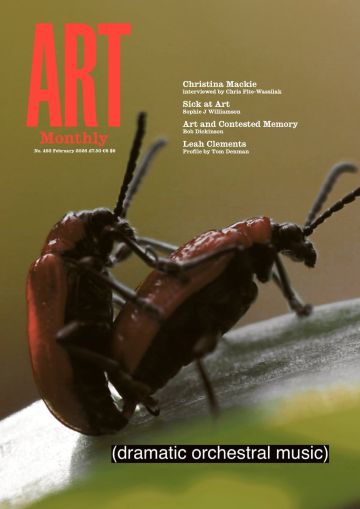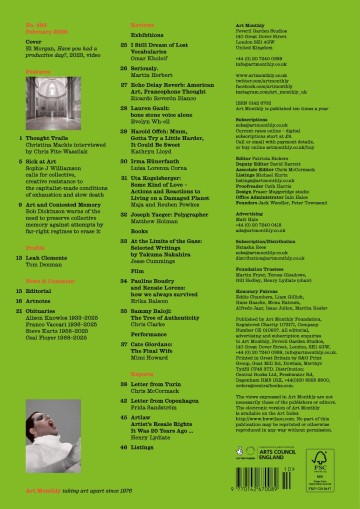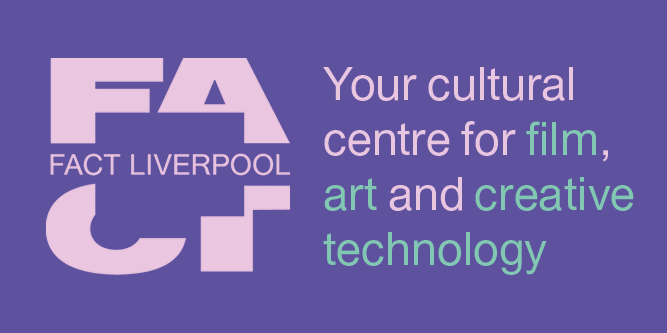Art Monthly 493
February 2026
Christina Mackie
interviewed by Chris Fite-Wassilak
Sick at Art
Sophie J Williamson
Art and Contested Memory
Bob Dickinson
Leah Clements
Profile by Tom Denman
Buy Now – select:
Want to read this right now?
Get instant access to the entire back catalogue via Exact Editions from only £8.99!
Contents
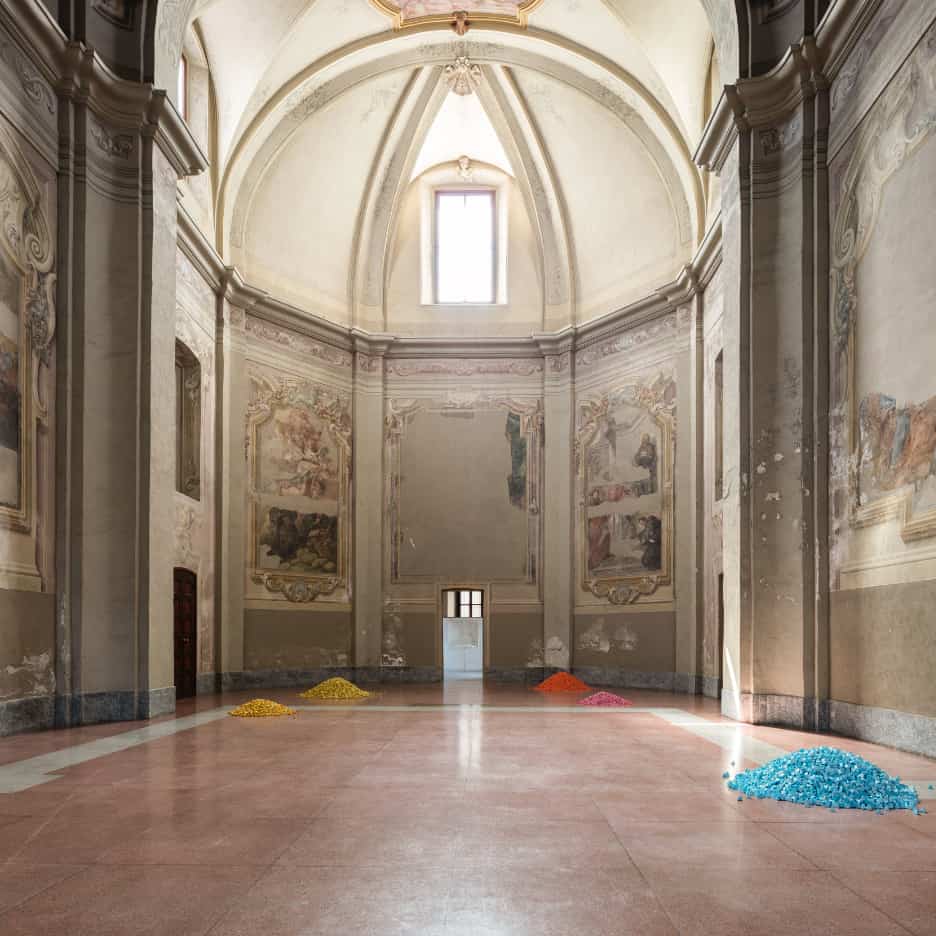
Christina Mackie, Powder People, 2018
Interview
Thought Trails
Christina Mackie interviewed by Chris Fite-Wassilak
If you are out in the world and you’re not living on the internet, then you’re constantly being fed with the random and the infinite variety of the world, you are being given opportunities by what you observe. You’re given a vision. What are you gonna do with it?
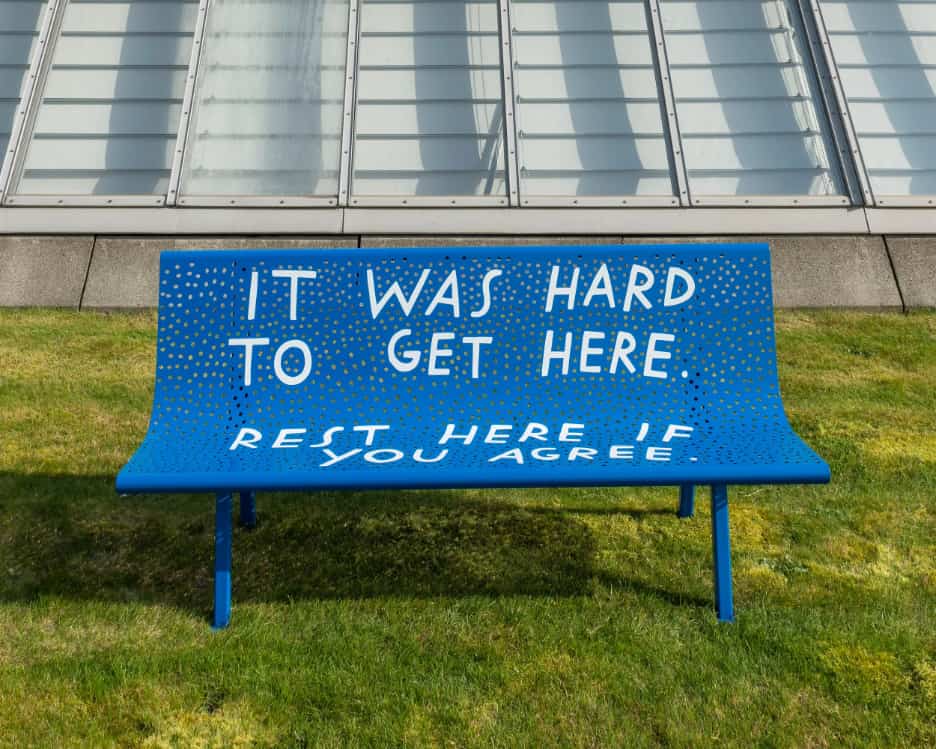
Finnegan Shannon, Do you want us here or not, 2018–
Feature
Sick at Art
Sophie J Williamson calls for collective, creative resistance to the capitalist-made conditions of exhaustion and slow death
It is not the cultivated slowness of wellness culture, nor a radical rest of liberation. It is something more inert, and perhaps more dangerous to capitalism’s sensibility: rest without promise. I am not accruing value; I am not ‘becoming’.
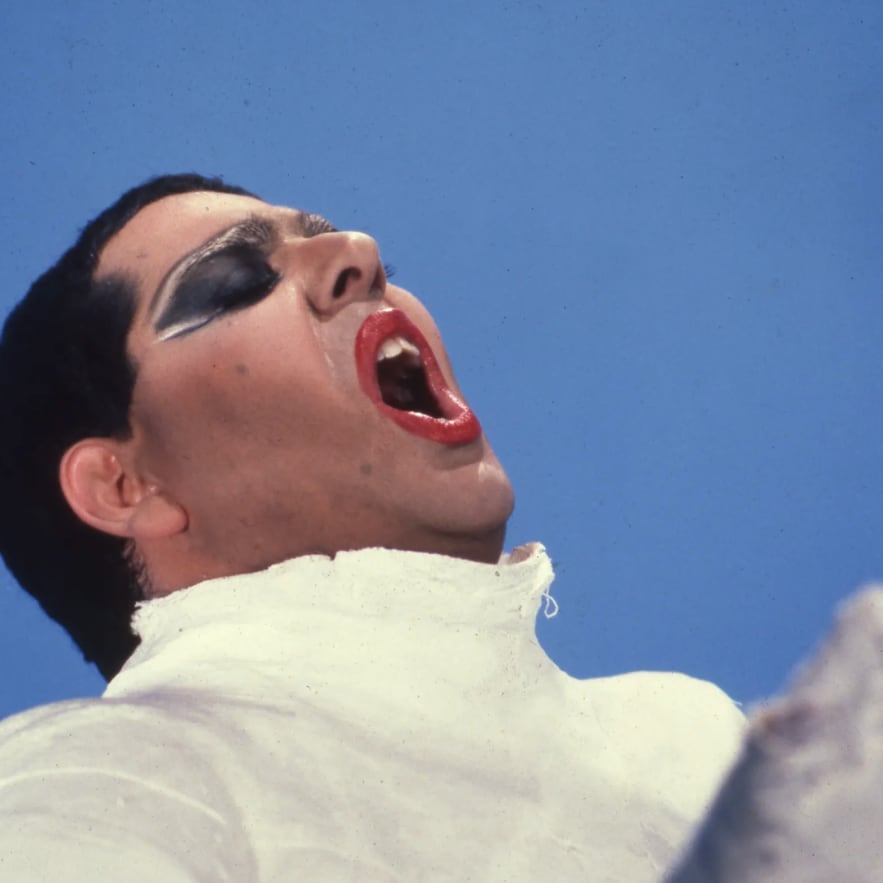
Carlos Leppe, The Singers, 1980
Feature
Art and Contested Memory
Bob Dickinson warns of the need to preserve collective memory against attempts by far-right regimes to erase it
Performance art had an important role in defying Augusto Pinochet’s dictatorship because of its ability to sidestep censorship, and as such it features significantly in the country’s collective memory of the period.
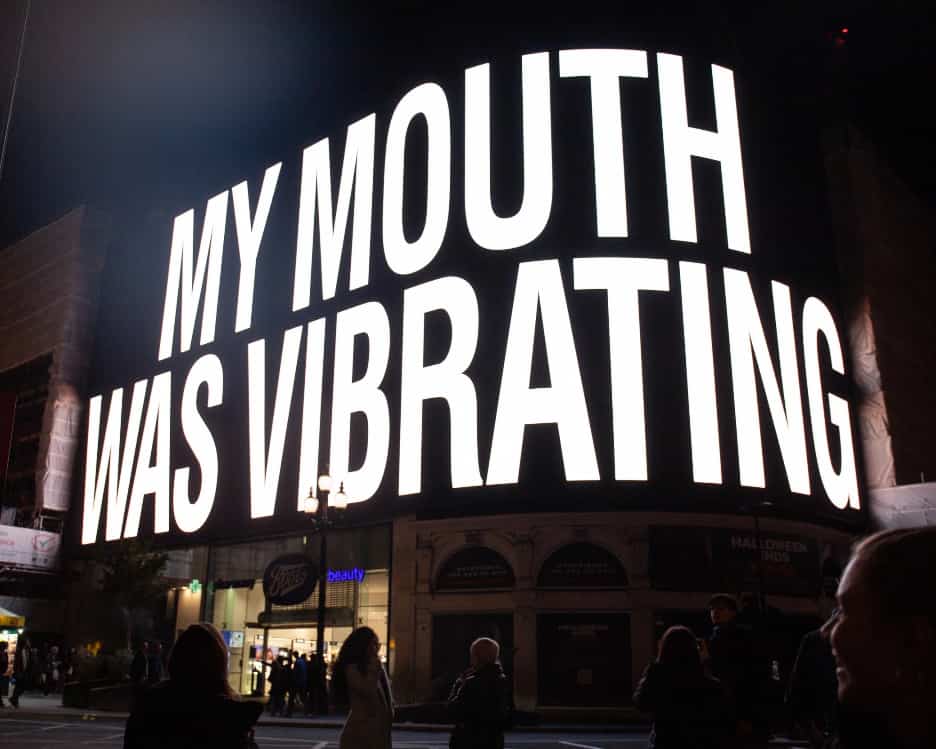
Leah Clements, My Mouth Was Vibrating, 2022
Profile
Leah Clements
Tom Denman
Leah Clements’s commitment to access is pronounced in her use of alt (or alternative) text – the verbal description of images that assists the visually or aurally impaired – in which she is one of contemporary art’s most innovative practitioners.
Editorial
Happy Yennayer
The start of a new year usually brings optimism for the 12 months ahead, but as the world continues to appease the monstrous egos of our increasingly nihilistic world leaders there is little cause for cheer.
While Donald Trump has little or no interest in the arts, he is jealous of the Kennedy ‘Camelot’ myth and, in particular, of the charismatic JFK himself. Cue his move on the Arts Center that was named after the former Democrat president immediately after his assassination in 1964.
Artnotes
ACE Reviewed
Margaret Hodge’s long-awaited review of ACE makes a strong case for public support for the arts; the chancellor presents a budget weak on support for the arts; a study reveals the extent of UK museum closures under austerity; a report reveals the pressure lobbyist groups apply to arts organisations; plus the latest on galleries, people, prizes and more.
Obituaries
Alison Knowles 1933–2025
Karen Di Franco
Franco Vaccari 1936–2025
Martin Holman
Steve Kurtz 1958–2025
Nicola Triscott
Ceal Floyer 1968–2025
David Barrett
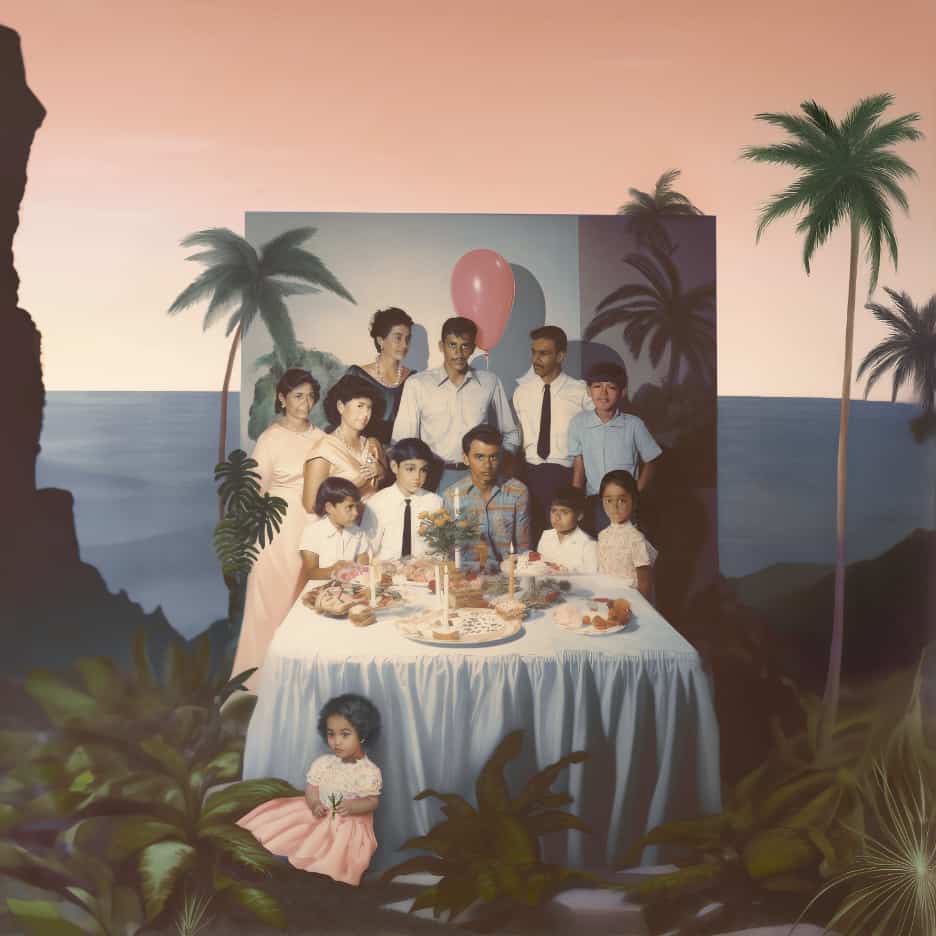
Sabrina Tirvengadum, Happy birthday to you, 2025, ‘I Still Dream of Lost Vocabularies’, Autograph APB, London
Exhibitions
I Still Dream of Lost Vocabularies
Autograph APB, London
Omar Kholeif
Seriously.
Sprüth Magers, London
Martin Herbert
Echo Delay Reverb: American Art, Francophone Thought
Palais de Tokyo, Paris
Ricardo Reverón Blanco
Lauren Gault: bone stone voice alone
DCA, Dundee
Evelyn Wh-ell
Harold Offeh: Mmm, Gotta Try a Little Harder, It Could Be Sweet
Kettle’s Yard, Cambridge
Kathryn Lloyd
Irma Hünerfauth
Arcadia Missa, London
Luisa Lorenza Corna
Uta Kögelsberger: Some Kind of Love – Actions and Reactions to Living on a Damaged Planet
Hatton Gallery, Newcastle
Maja and Reuben Fowkes
Joseph Yaeger: Polygrapher
Modern Art, London
Matthew Holman
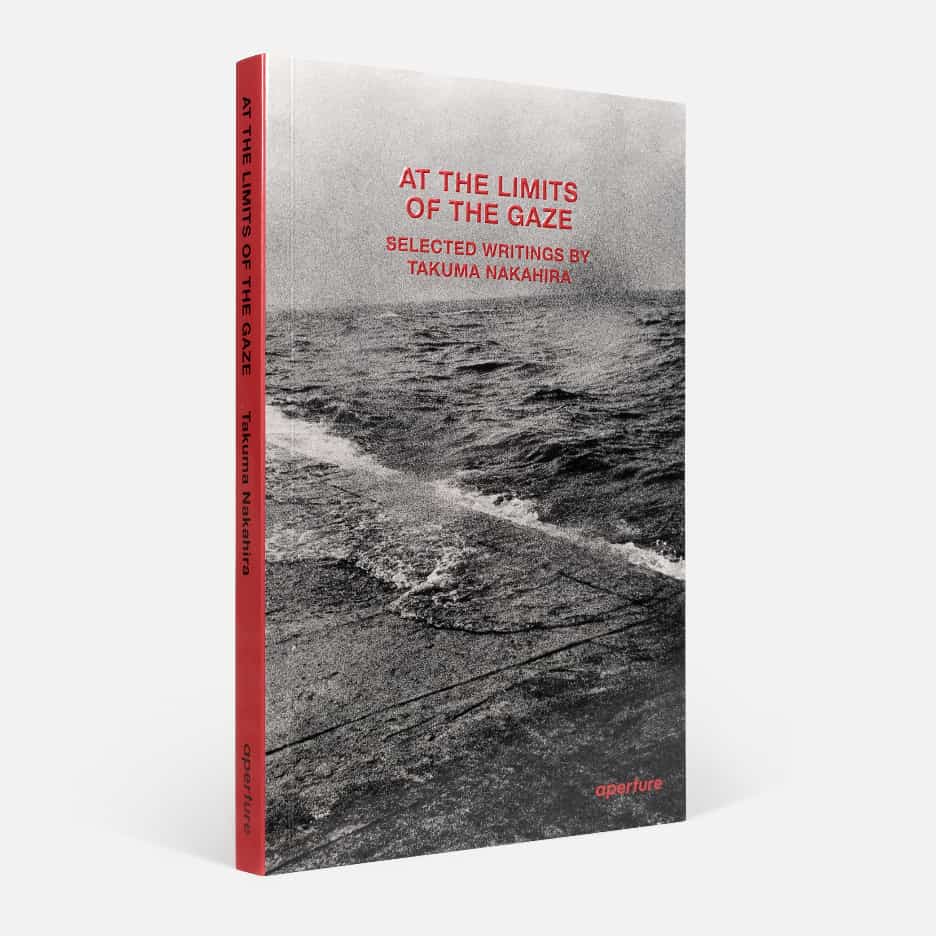
At the Limits of the Gaze: Selected Writings by Takuma Nakahira
Books
At the Limits of the Gaze: Selected Writings by Takuma Nakahira
Jesse Cummings
Among its myriad merits, this newly published collection of writing by the legendary Japanese photographer Takuma Nakahira invites a reflection on the nature of influence and impact.
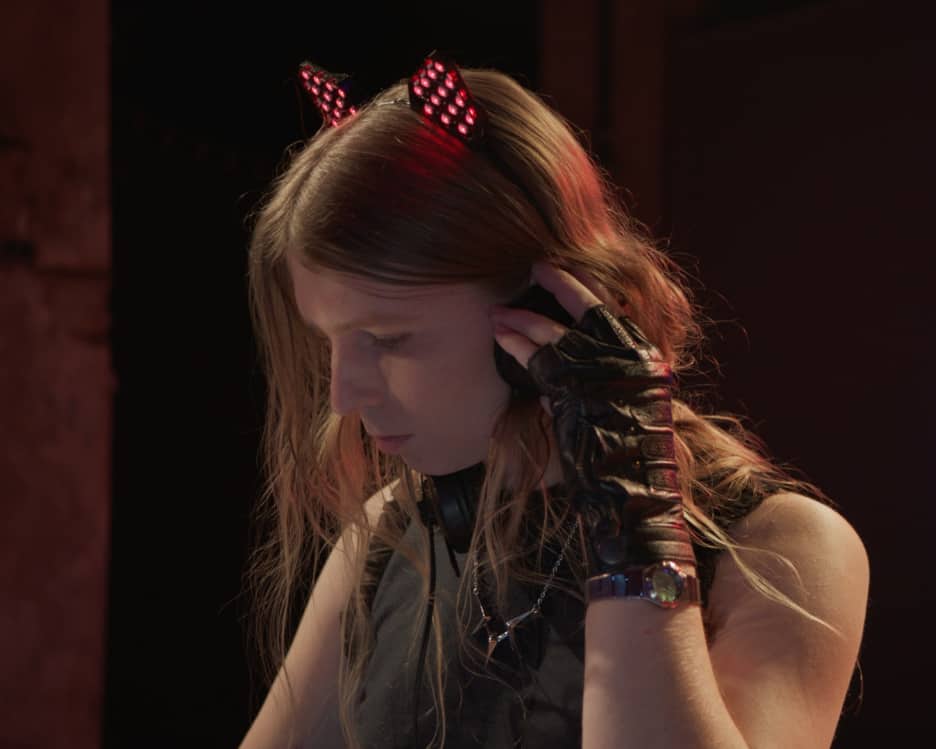
Pauline Boudry and Renate Lorenz, all the things she said, 2025
Film
Pauline Boudry and Renate Lorenz: how we always survived
Erika Balsom
Chelsea Manning is certainly not best known as a DJ, yet here she takes the stage in twinkling kitten ears, playing jungle and hard house to an empty room, beginning with the song that gives the work its title, All the Things She Said.
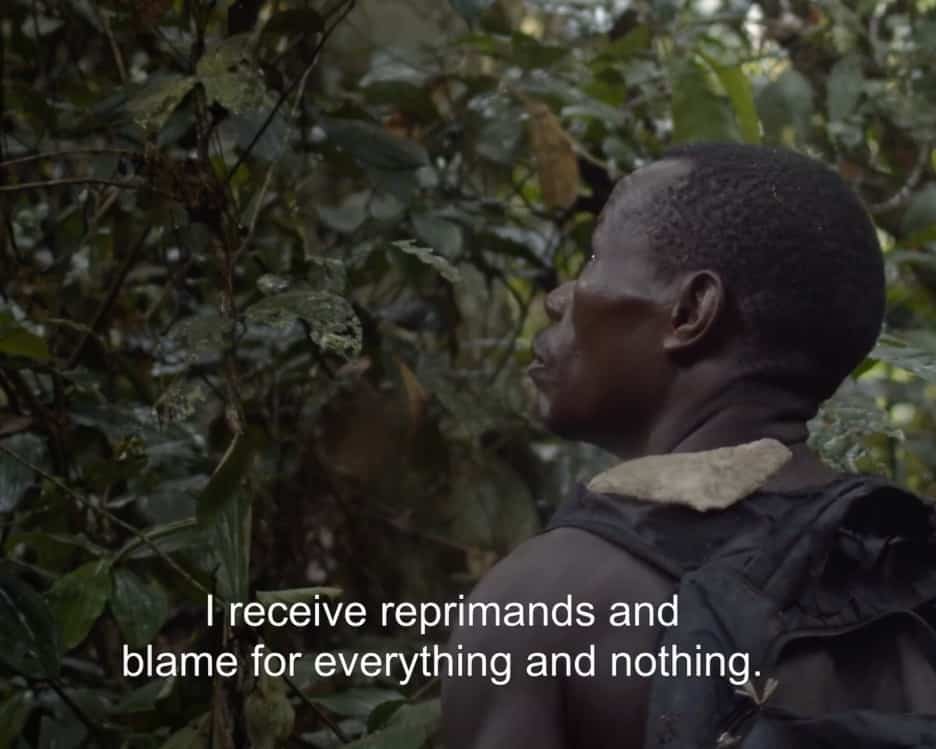
Sammy Baloji, The Tree of Authenticity, 2025
Film
Sammy Baloji: The Tree of Authenticity
Chris Clarke
Sammy Baloji’s allusive, enigmatic approach juxtaposes vivid footage of his surroundings with historical documentation to both survey and speculate upon the Congo Basin’s past.
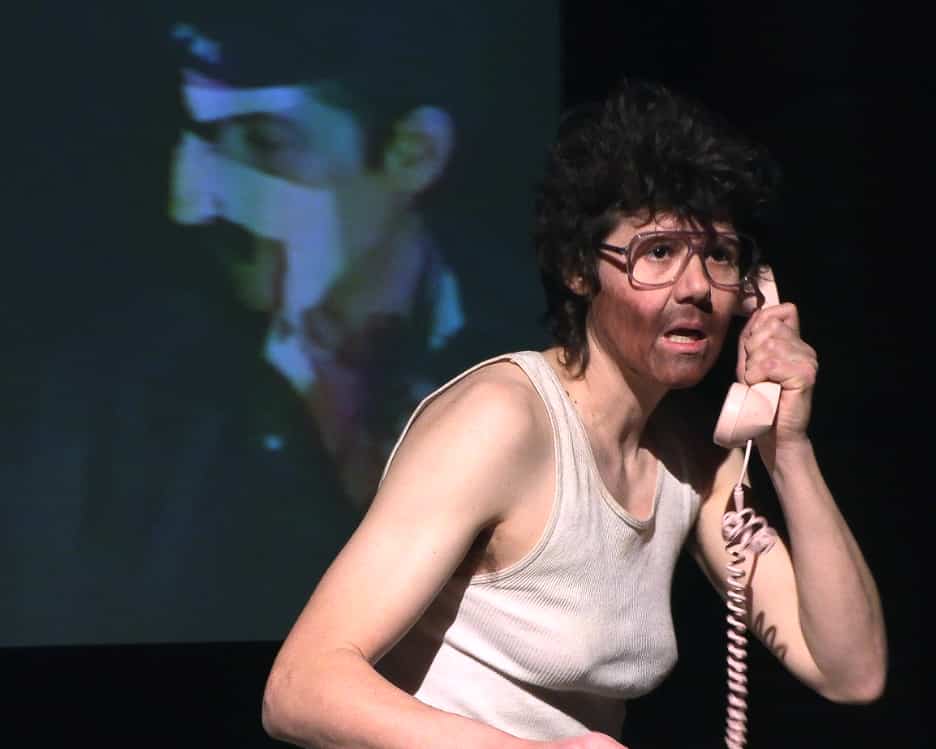
Cate Giordano, The Final Wife, 2025
Performance
Cate Giordano: The Final Wife
Mimi Howard
The American dream is both self-fulfilling prophecy and prophecy of ‘sell-fulfilment’. Often these get tangled together. David Koresh built his cult around the conviction that he was the second coming of Christ and that all women belonged to him.
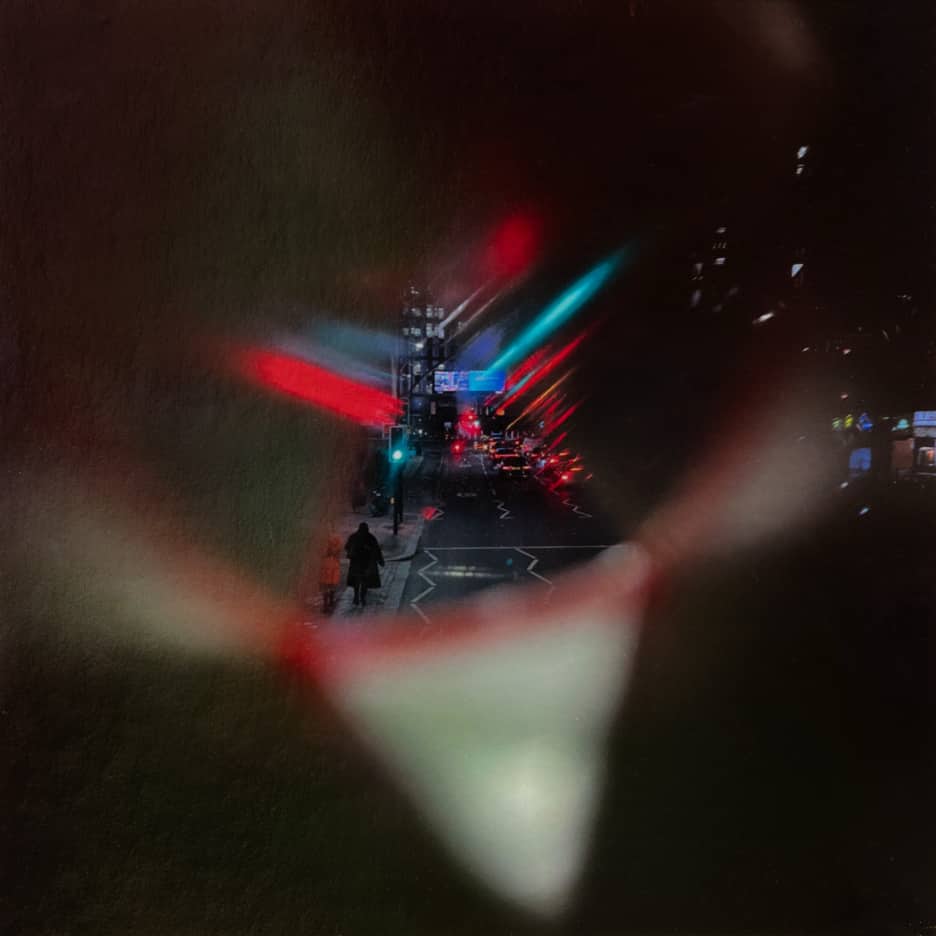
Marietta Mavrokordatou, Bus Ride To The City 4, 2025
Reports
Letter from Turin
Chris McCormack
Turin remains indebted to its historical legacy, and its famed connections to the automobile industry, notably Fiat and Alfa Romeo; yet its active promotion of contemporary art continues to position it as a key cultural player in Italy.
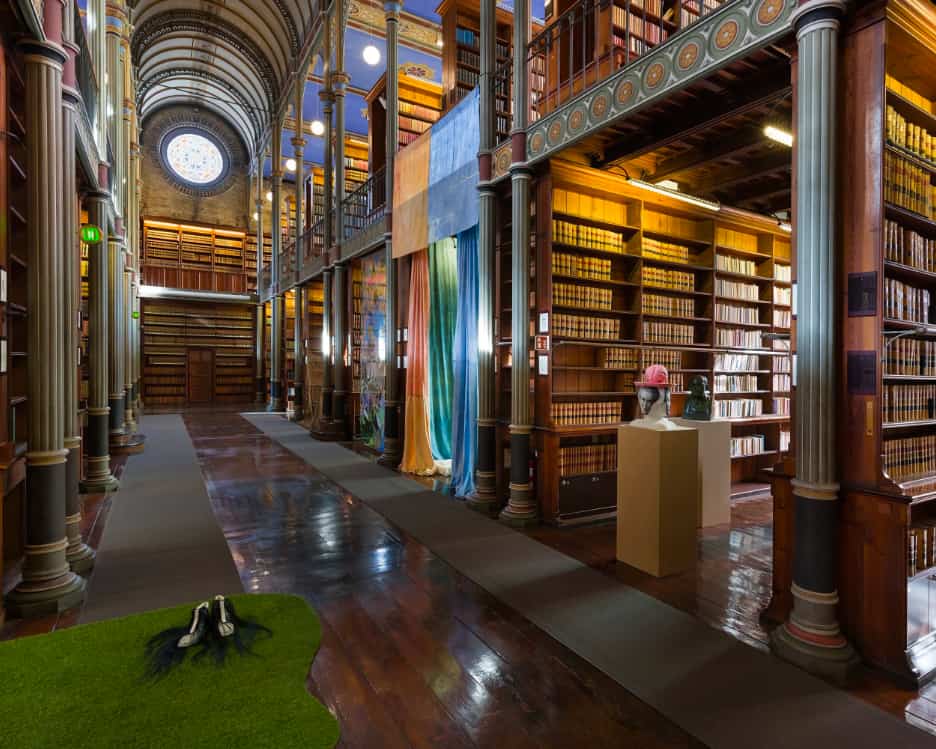
‘Recast’, University of Copenhagen
Reports
Letter from Copenhagen
Frida Sandström
What happens when contemporary art reveals histories that have long been silenced? In Denmark, artistic research and anti-colonial thinking has gained an increasingly central place in contemporary art during the past decade, such that it was deemed a threat to the public by the Cultural Ministry.
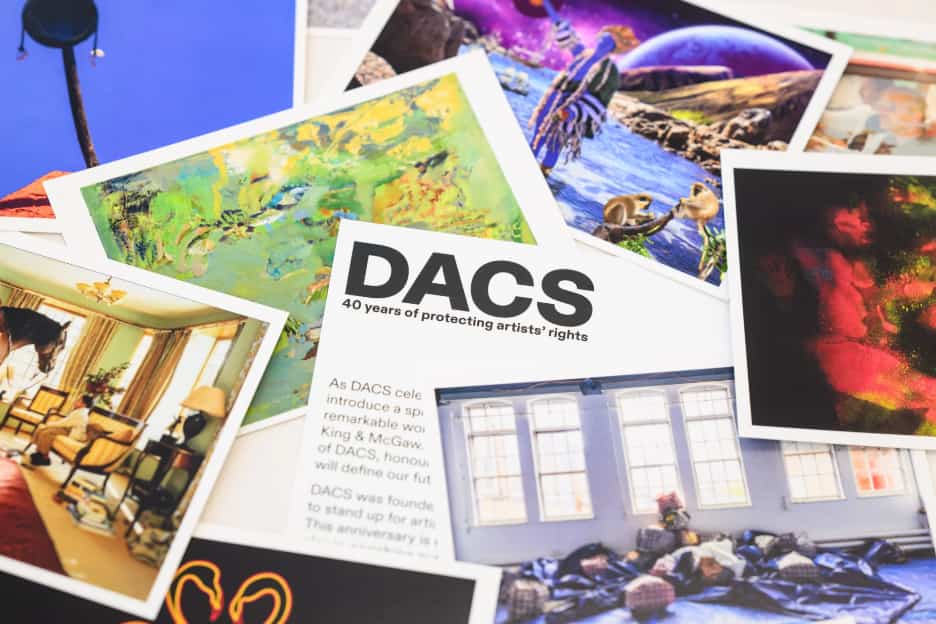
DACS anniversary postcards
Artlaw
It Was 20 Years Ago …
Henry Lydiate
Since it was introduced in the UK in 2006, an estimated £156m has been distributed in Artist’s Resale Right royalties. The UK art market is currently ranked second globally, and ARR royalties represent about 0.1% of the UK market’s value.

